About the Artist
Commissioned by the Harding School of Theology, “Every Voice: A Portrait of African American Churches of Christ in the Art” spotlights seven influential African Americans who have made significant contributions to churches of Christ.
Artist Ella Kennin created the work in 2019 as a first-year student at the University of Memphis. Her style focuses on graphite photorealistic portraiture with a floral twist. Kennin is a member of the White Station congregation.
Biographies
Fred Gray (1930– )
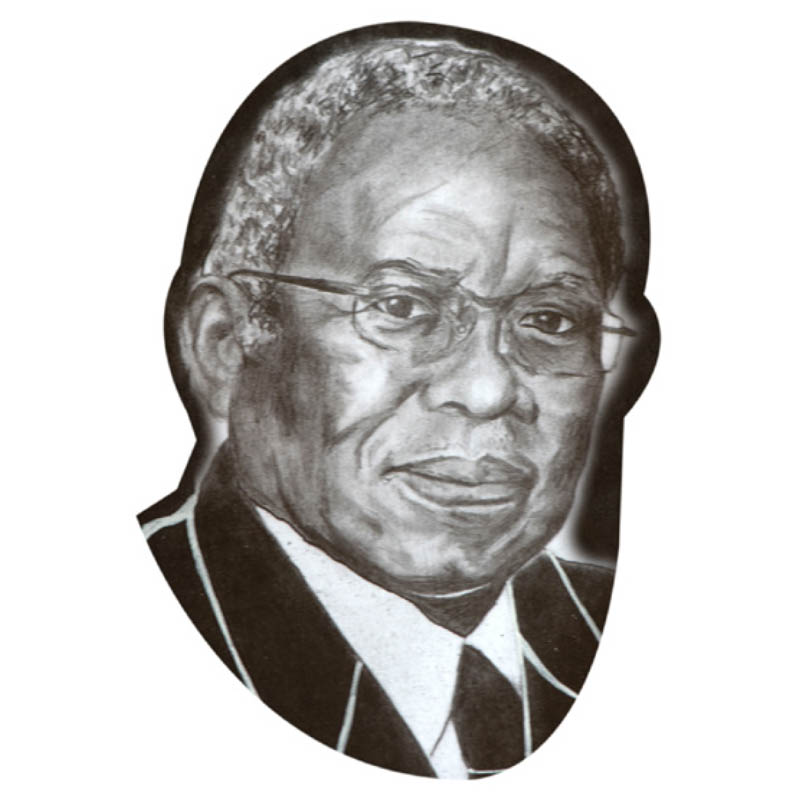
Fred Gray is an attorney, preacher and civil rights advocate from Montgomery, Alabama. He studied under Marshall Keeble at Nashville Christian Institute and later entered Case Western Reserve University School of Law in Cleveland (because no Alabama law school would accept Black students). He served as a lawyer for many important figures in the civil rights movement, including Martin Luther King Jr. and Rosa Parks. He was described by King as “the brilliant ... chief counsel for the protest movement.” Among his various civil rights cases, he successfully represented Vivian Malone and James Hood, two Black students denied admission to the University of Alabama, and led the effort to integrate Auburn University. He also (unsuccessfully) sued Lipscomb University and his alma mater, Nashville Christian Institute, when the latter closed its doors and attempted to transfer its assets to Lipscomb, a traditionally segregated institution. His life has been dedicated to the pursuit of justice, and he continues that pursuit to this day.
R.N. Hogan (1902–1997)
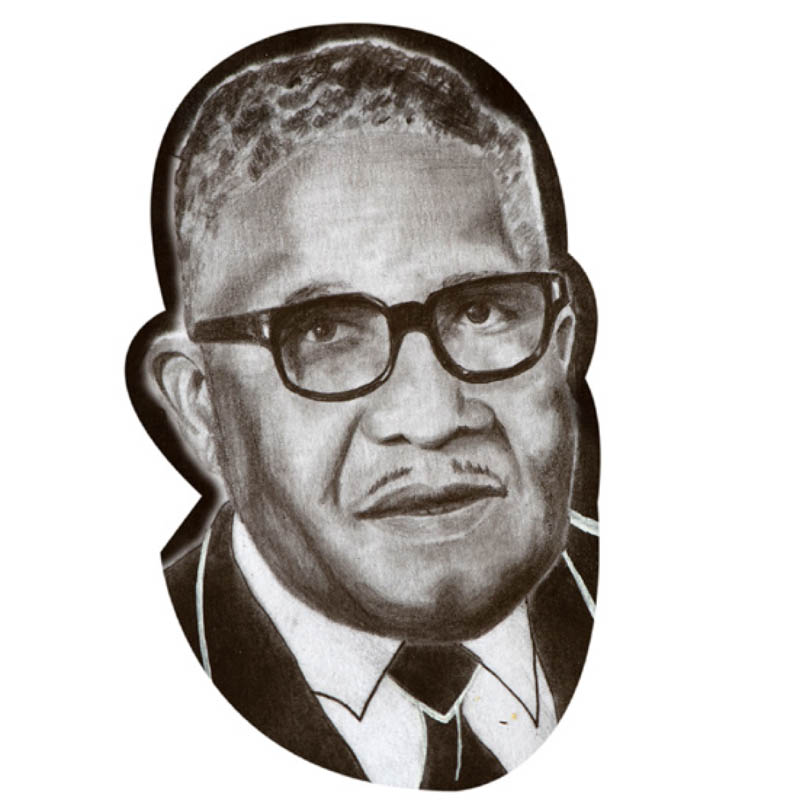
Richard Nathaniel Hogan was a preacher and editor who began his training under G.P. Bowser at the age of 14. Born in Arkansas and trained in Tennessee, Hogan’s ministry took him to Detroit, Chicago and Los Angeles, where he planted the 110th and Wilmington Church of Christ, which became the Figueroa Church of Christ. Hogan became editor of The Christian Echo in 1951 and used his editorship to fight racism in Churches of Christ, directing particular energy against segregation at church of Christ colleges. His work led to the desegregation of Pepperdine’s student housing and to Abilene Christian College admitting its first Black students in 1961. He was a founding member of the board of Southwestern Christian College, and his financial leadership ensured its continuing operation.
G.P. Bowser (1874–1950)
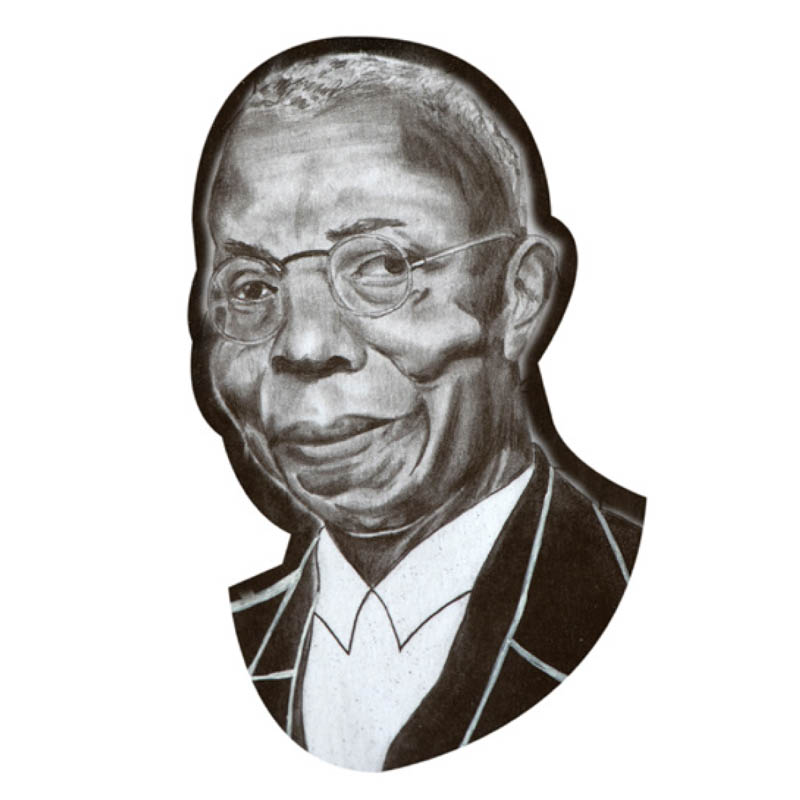
George Philip Bowser was raised in the Methodist church and joined the Stone-Campbell movement in 1897. He received his education at an all-Black Methodist school in Nashville and displayed a lifelong commitment to education, particularly of ministers. He founded or operated schools in Tennessee, Arkansas, Michigan and Texas, the latter ultimately becoming Southwestern Christian College. He founded The Christian Echo, the oldest periodical among African American churches of Christ. Where his friend Marshall Keeble was an accommodationist on the topic of racial prejudice, Bowser was ardently outspoken against segregation in church and society. Bowser suffered for these stances, never enjoying the same support from white churches as Keeble and others. However, he remained unyielding in his commitment to racial justice in the churches of Christ.
Samuel Cassius (1853–1931)
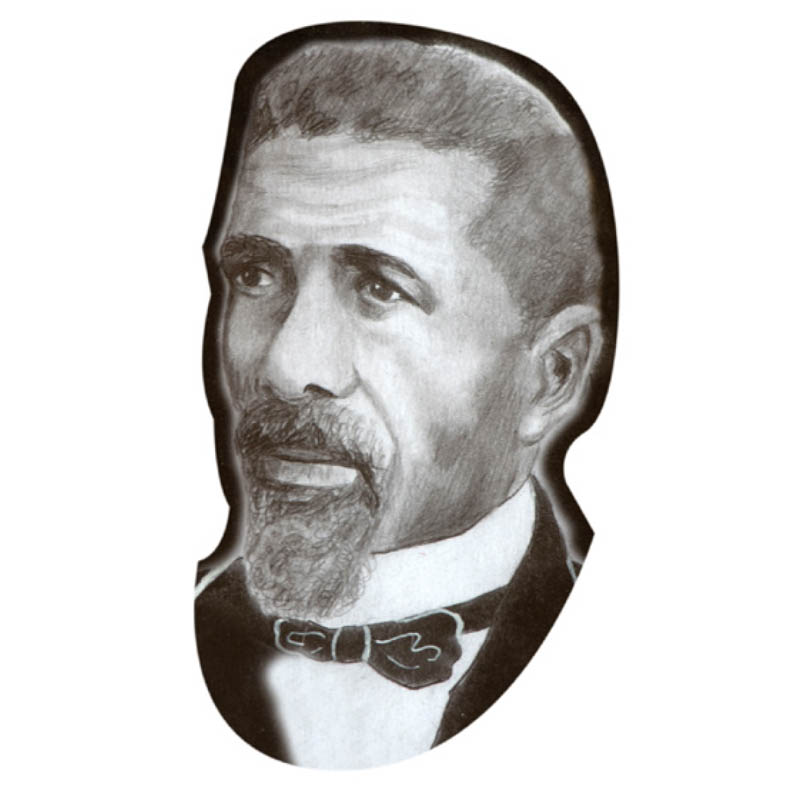
Samuel Robert Cassius was a preacher and racial reformer. He was baptized in the 1880s and soon left his job as a mineworker to pursue ministry. Cassius ministered to churches in Iowa, Oklahoma, California, Texas and Colorado. One reason for this westward move was his hope of ministering in places with less racial prejudice. He published in prominent periodicals such as the Gospel Advocate and Christian Leader. Though he was convinced of the truths of his religious fellowship, he was ardently opposed to the racial discrimination he experienced in churches, once being identified by J.C. Choate for his habit of “chastising white brethren” for their treatment of African Americans. He published The Third Birth of a Nation in 1920 and a revised edition in 1925, a defense of Black ingenuity and integrity in a culture that depicted them as inept and immoral.
Annie Tuggle (1890–1976)
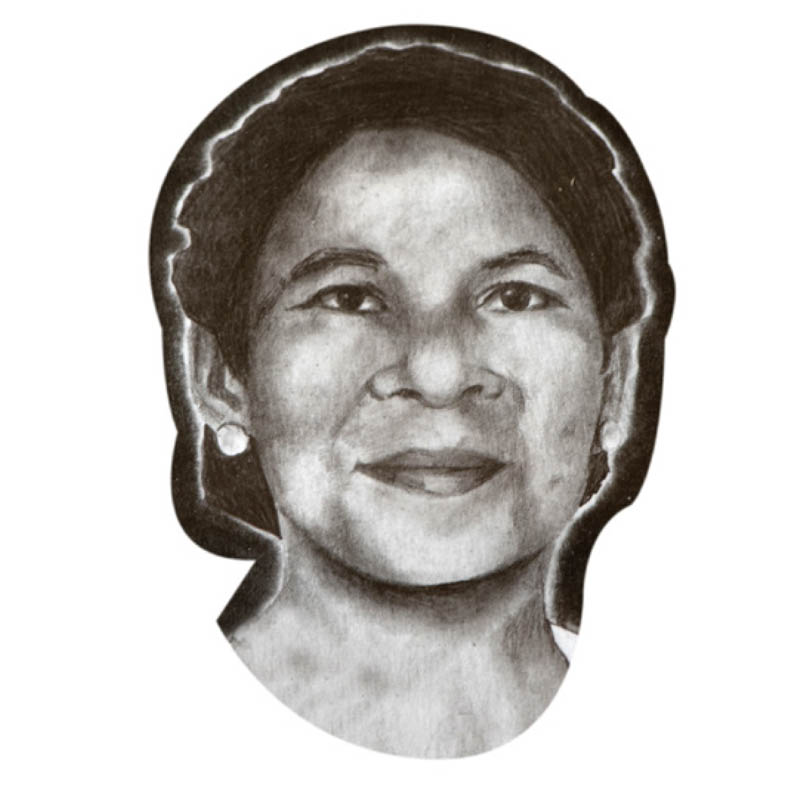
Annie Clay Tuggle was a writer and educational advocate. Though she faced the double oppression of being a Black woman, she nonetheless rose to influence within her religious spheres. Tuggle converted from Methodism to the Churches of Christ in the early 20th century. She bore no children but raised many in the faith through her distinct spiritual influence in Black Churches of Christ. Much of this work was through her writing and her advocacy for Black schools. She ministered at an all- women congregation in Germantown, Tennessee, and worked as principal of several schools in her lifetime. While living in Detroit, she served as the director of a children’s home. Tuggle published two books, Our Ministers and Song Leaders of the Church of Christ, a collection of biographical sketches of prominent Black Church of Christ leaders, and Another World Wonder, her autobiography.
Marshall Keeble (1878–1968)
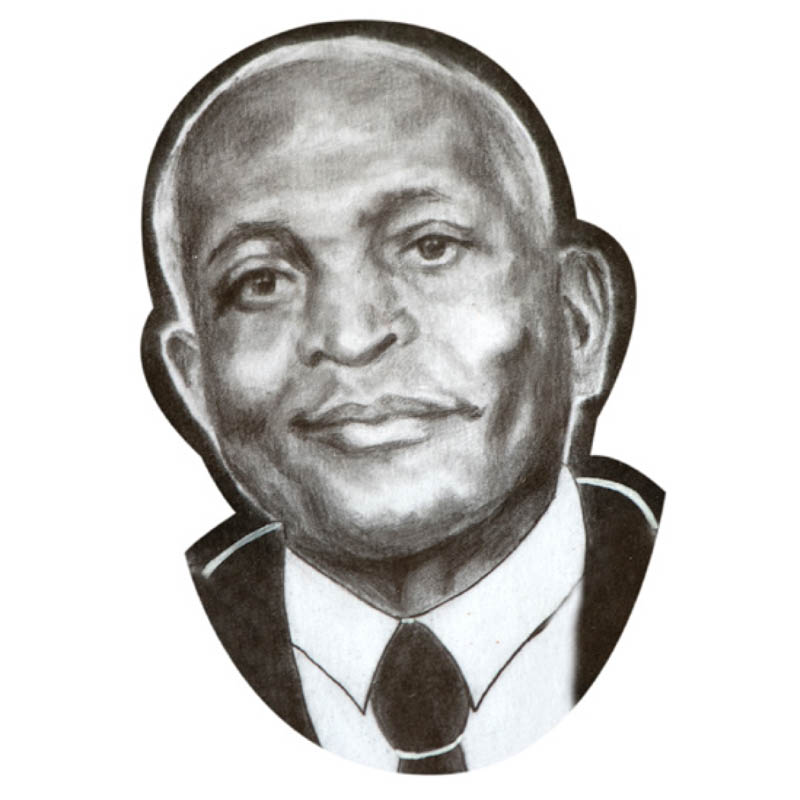
During his lifetime, Marshall Keeble was the most prominent preacher among African American churches of Christ. Much of Keeble’s ministry was underwritten by Nashville insurance magnate A.M. Burton. Because of such arrangements, Keeble was able to interact with white Churches of Christ in a way that other preachers of color were not. He was criticized by some who thought his message fell short of confronting systemic racism in the country. Keeble’s legacy endures through those he converted: by some estimates he baptized 30,000 individuals. His legacy comes also through those he mentored. Through his work with Nashville Christian Institute, Keeble inspired a generation of influential ministers, including Fred Gray, who later represented Rosa Parks and Martin Luther King Jr. Perhaps no other person among churches of Christ of the 20th century had the impact of Marshall Keeble.
Sylvia Rose (1954– )
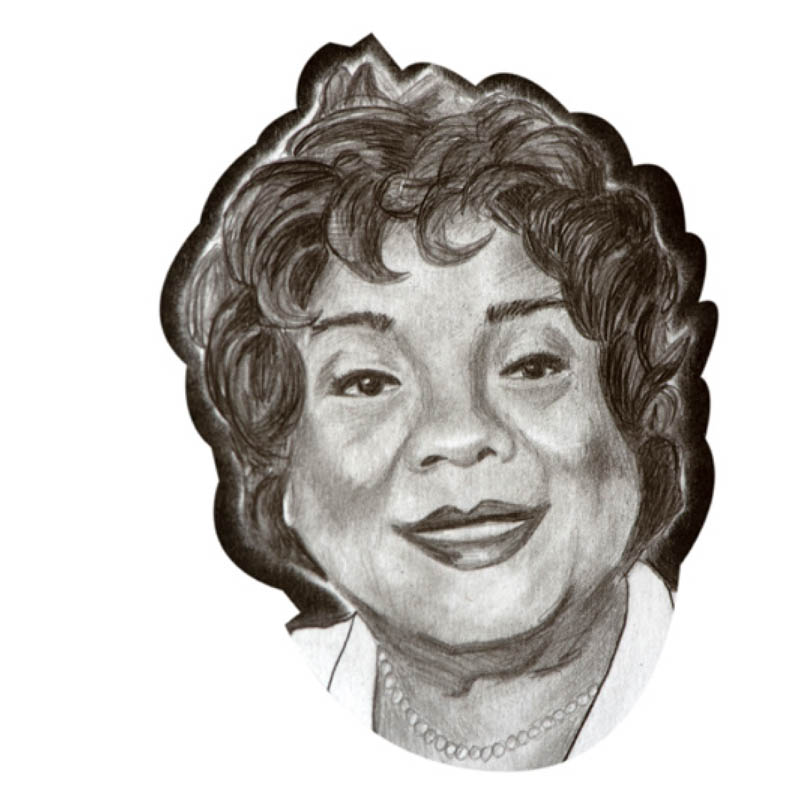
Sylvia Rose is an author, musician, songwriter and teacher. She graduated from Harding College in 1977. Rose cemented her role in the musical canon of African American churches through her work at Southwestern Christian College, where she flourished both as a choral director and songwriter. Her songs, such as “Restore My Soul;” “Mansion, Robe and Crown;” and “Holy Spirit, Dwell in Me” continued to be sung in churches of Christ. Her publications include the hymnal Songs of Faith as well as Rise Up: A Call to Leadership for African American Women. She now resides in Southfield, Michigan.